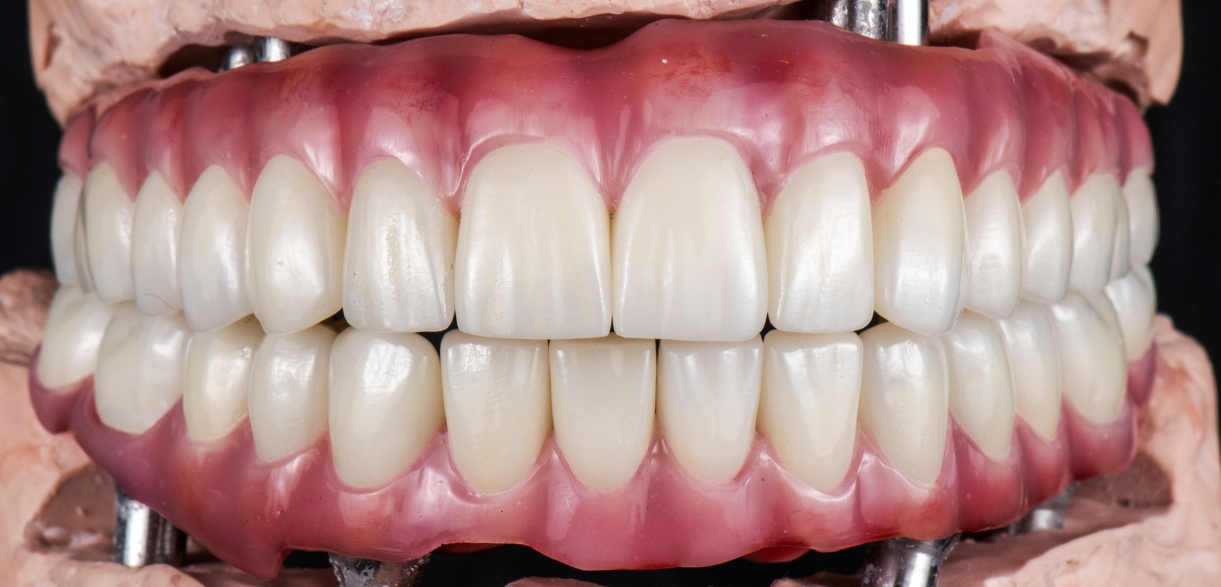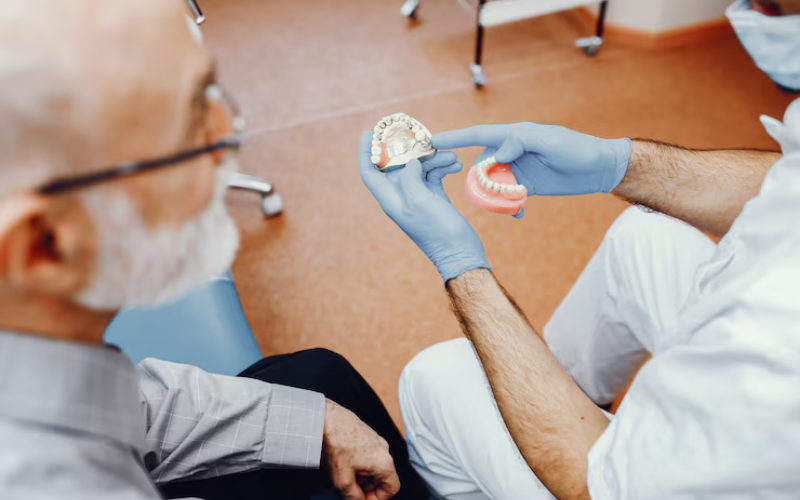
Do you have one or more missing teeth and feel self-conscious about it? Interestingly, you might not necessarily require tooth replacement. Before immediately considering dental implants or dentures, let’s delve into the unexpected factors that may make tooth replacement optional. This blog post will unveil valuable insights, from potential cost savings to enhanced overall health, regarding the decision to maintain those gaps in your smile. Prepare to be pleasantly enlightened!
What Are the Reasons for Replacing Missing Teeth?
There are many reasons why people might choose to replace their missing teeth. Some people feel that it is necessary for aesthetic reasons, while others may want to improve their chewing function or prevent further bone loss in the jaw. Missing teeth can also lead to a change in speech patterns and an increased risk of gum disease.
Common Misconceptions About Tooth Replacement
When it comes to tooth replacement, many misconceptions can keep people from seeking treatment. Here are some of the most common misconceptions about tooth replacement:
- I don’t need to replace my missing teeth because they’re not visible.
- Replacing my missing teeth will be too expensive.
- My dental insurance won’t cover tooth replacement.
- I’m too old for tooth replacement.
- Tooth replacement is painful and difficult.
- I don’t need to replace my missing teeth because I have dentures.
Benefits of Keeping Your Natural Teeth
When it concerns your teeth, there are numerous factors to contemplate. Should you opt for teeth replacement with dental implants? Are dentures the suitable choice for your needs? Or should you contemplate retaining your natural teeth? Retaining your natural teeth comes with advantages you may not have previously pondered. Here are some unexpected benefits of choosing teeth replacement:
1. You’ll Save Money in the Long Run
Dental implants and dentures can be expensive. If you’re considering these options, you may want to think about the long-term costs. Over time, dental implants can become loose and need to be replaced. Dentures can also break and need to be repaired or replaced. Keeping your natural teeth means that you won’t have these additional costs down the road.
2. You May Reduce Your Risk of Health Problems
Did you know that losing your teeth can lead to health problems? When you lose teeth, your jawbone begins to deteriorate. This can cause problems with chewing and speaking, and it can also lead to facial deformities. Additionally, tooth loss has been linked to an increased risk of dementia. Keeping your natural teeth means that you’ll reduce your risk of these health problems.
3. You’ll Keep Your Natural Smile
Your smile is one of the first things people notice about you. If you’ve lost teeth, it can affect the way your smile looks. Dental implants and dentures can help to restore your smile, but they
What to Do if You Have a Missing Tooth
When faced with a missing tooth, you have several options. If the tooth is visible, you can attempt to conceal it with makeup or another method. Conversely, if the missing tooth is not visible, there may not be an immediate need for teeth replacement. Nevertheless, if you have multiple missing teeth, it becomes essential to consider teeth replacement to ensure proper oral functionality.
Considerations When Deciding Whether or Not to Replace a Missing Tooth
When deciding whether or not to replace a missing tooth, there are several things to consider. First, the overall health of your mouth. If you have good oral hygiene and healthy gums, you may be able to get by without replacing the tooth. However, if you have periodontal disease or other dental problems, it is important to replace the tooth to prevent further damage.
Second, the location of the missing tooth. A front tooth is more noticeable than a back tooth, so you may want to replace it for cosmetic reasons. However, a back tooth is just as important for chewing and should be replaced if it is causing problems.
Third, the cost of replacement. Dental implants are the most expensive option, but they are also the most permanent. A bridge or denture may be less expensive in the short term but will need to be replaced more often.
Fourth, your personal preference. Some people simply don’t like the idea of having a missing tooth and would prefer to have it replaced for aesthetic reasons. Others are more concerned with function and would rather not spend money on an implant if they can get by without it.
Ultimately, the decision of whether or not to replace a missing tooth is up to you and should be based on your personal preferences and situation.
Missing teeth can be embarrassing and inconvenient, but they don’t have to be permanent. This article has explored the surprising truth behind why you might not need to replace your missing teeth after all. With today’s technology, there are several options available for restoring both functionality and aesthetics of your smile without the need for costly dental procedures such as implants or bridges. If you’re looking for a way to restore your smile without breaking the bank, it may be worth exploring these alternative solutions further.
FAQs
It depends on the individual case, but usually, you can lose up to four teeth in a row without needing to replace them.
If you don’t replace your missing teeth, you may experience problems with eating and speaking, and your facial appearance may change over time. Additionally, your teeth may shift out of place, which can lead to further oral health problems.
There are several options for replacing missing teeth, including dental implants, bridges, and dentures. Talk to your dentist about which option is best for you based on your individual needs.





